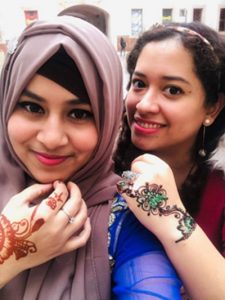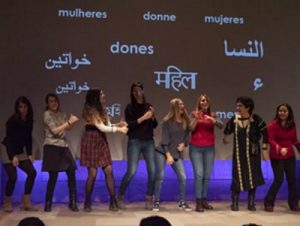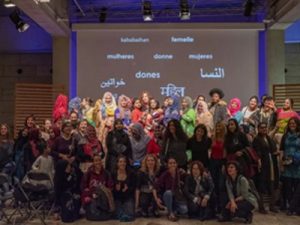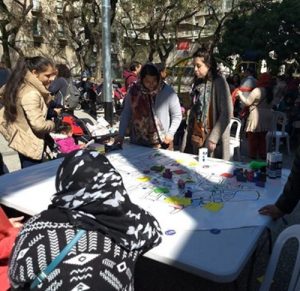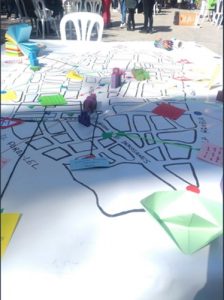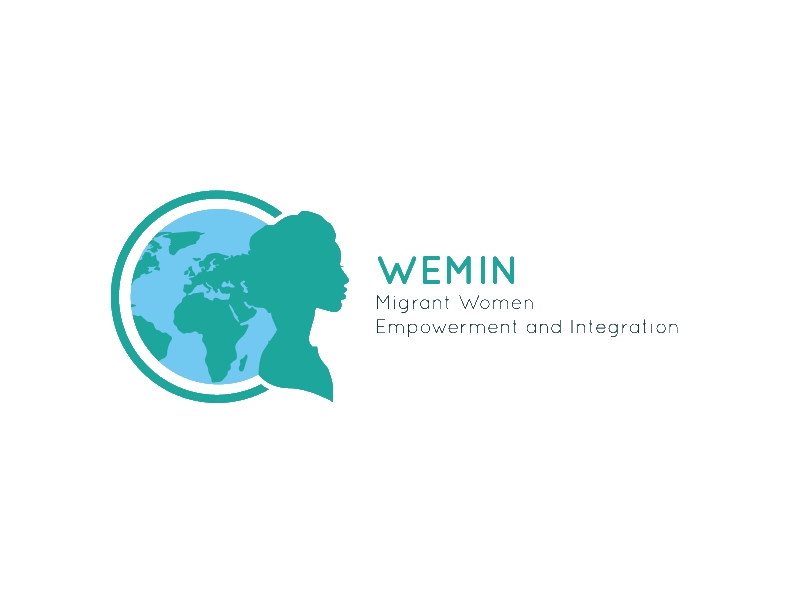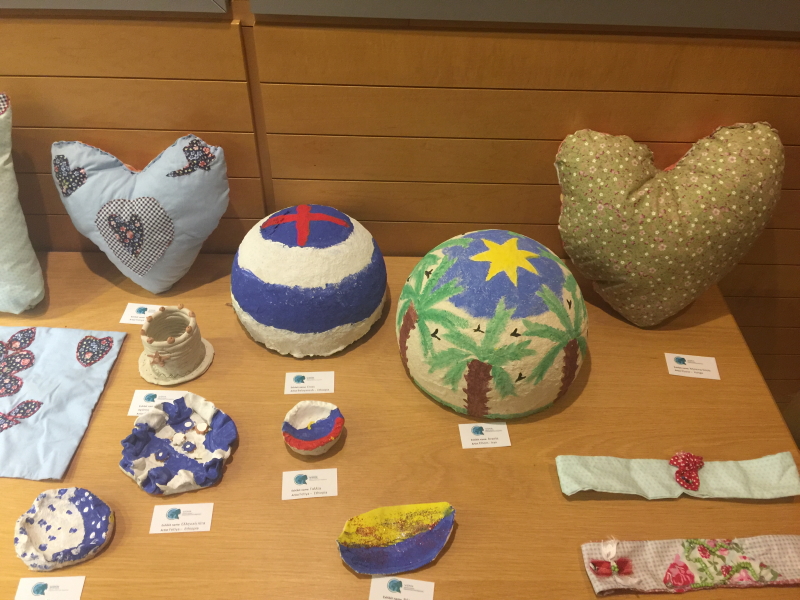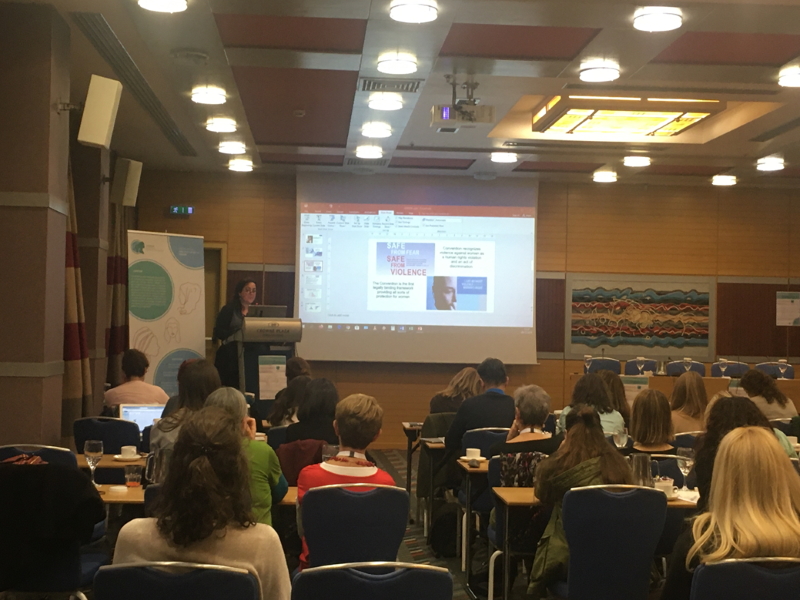
Women Stories – Oxfam
May 25, 2019
The month of Women in Colectic with Wemin
May 25, 2019Interview to WEMIN teacher
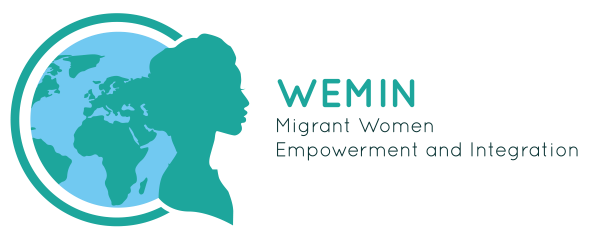
Interview with Marina who teacher the Italian Language to twenty ladies, mainly coming from Morocco, for the WEMIN project (Empoli – Florence Province).
The Italian Language course promoted by the WEMIN project by Oxfam in collaboration with Asev is an opportunity for dialogue, interaction and building relations of trust among migrant women, the teachers and the local community. Many of the women involved in the project are mothers and their children attend local schools, they reported to my face some problems in relation to the school canteen. This was an opportunity to promote dialogue and cultural exchange.
Maria Nella: How did you promote the initiative at the local level to improve the access to the services for the children of the ladies who are part of the Italian WEMIN class?
Marina: Mothers (especially coming from Morocco), even talking to teachers, have noticed since for long time that their daughters and sons, whenever the menu of the school canteen includes meat (chicken, beef, veal), which is not halal, tend not to eat what is offered in exchange (mozzarella, other cheese, soup). So their children come back home being hungry and expressing how they would have gladly eaten the meat, which was in the other children's dishes.
We talked about this issue during the Italian course, which has become a place to learn the language but also a place where we can discuss everyday life issues. We agreed that rather than writing to the school office, it was more appropriate to promote a meeting with all the people involved. We have invited the school office, the school board, teachers that work in intercultural topics, the canteen service, families, a cultural mediator and an expert who has already worked on this issue. This whole thing is more delicate than many employees imagine (see: "Food" in the book "Lessico del razzismo democratico" G. Faso – Words of democratic racism).
This meeting will be an opportunity to meet, focus on the problem, discuss different needs and try to find a solution while respecting the complexity of the problem and the rights of newcomers.

